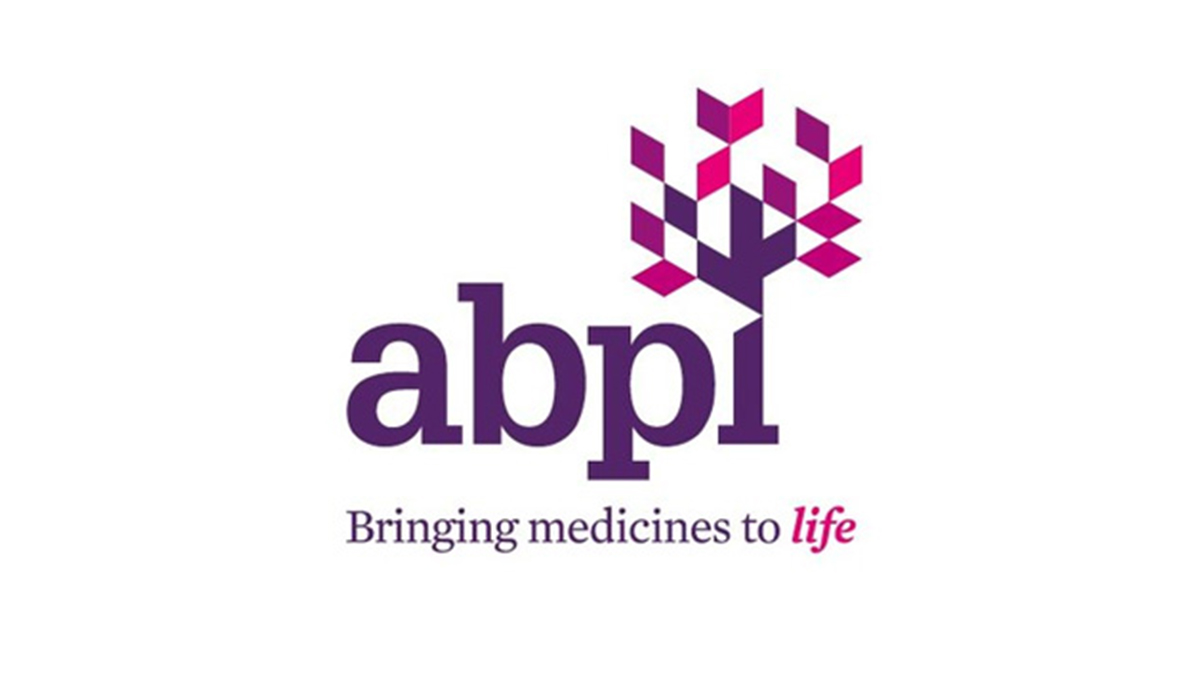A life sciences vision to deliver health, wealth and resilience for the UK

The ABPI’s chief executive Dr Richard Torbett outlines a new ‘vision’ and 10-year strategy for UK life sciences, launched by the government today.
After an extraordinary year of science versus disease, the UK has cemented itself at the forefront of the global response to COVID-19. What has been achieved in just 18 months is nothing short of remarkable. From leading global surveillance for new variants to pioneering new and repurposed medical interventions, our scientific heritage has underpinned this success.
The Oxford-AstraZeneca vaccine is the most potent symbol not just of UK achievement but of collaboration across the sector. Now being used in 170 different countries around the world, it truly is just one of a number of examples of global Britain’s science credentials.
Today the Government publishes the Life Sciences Sector Vision. This ambitious document is a blueprint for how the UK can become a global hub for life sciences and, in turn, a science superpower. It is also the first post-coronavirus strategy for an industry that has the potential to transform people’s lives.
Building on the successes of the pandemic, it takes a partnership approach and demonstrates that in the global race to attract investment, talent, and ultimately better care for NHS patients, the UK aims to come first. Crucially, the NHS is placed at the heart.
But the scale of the challenge shouldn’t be underestimated. There are still underlying challenges that need to be met, such as the UK lagging behind other countries when it comes to uptake of new innovations; our manufacturing sector must be nurtured; and the pandemic has exposed health inequalities across the UK.
This leads us to another one of the government’s core ambitions – to ‘level up’ the UK. Again, our sector will be central to achieving this, not only in supporting investment in jobs across the country, but in getting new medicines and treatments to patients in all parts of the UK.
By making the UK a more attractive destination for commercial investment we can boost what our scientists right around the UK can achieve together with NHS staff in those areas – bringing direct benefits to patients for example through clinical trials.
This can also benefit patients and the NHS. The health service delivers scientific breakthroughs to patients and can be a true partner in innovation. We need to recover the UK’s performance post-pandemic and today’s Vision sets out plans to make that happen with more integration of genomics, clinical research and health data.
The Vision also helpfully sets out that the upcoming Health and Social Care Bill will create specific duties for Integrated Care Systems in England to promote and support research and innovations, explaining that a core expectation of the incoming Chief Executive of NHS England, as well as national, regional and local NHS leadership, will be that they actively support the research, innovation and uptake agenda.
Lastly, the Vision will also help us to make the UK more resilient to the next pandemic, with a plan to boost our manufacturing base and attract a skilled workforce to make this possible. With the right incentives the UK can become not just a life sciences superpower but a hub for manufacturing next-generation healthcare technologies too.
Health and science have never been higher on the agenda and today’s vision document sets a clear ambition for the UK to lead the way. Our industry is excited to help make that vision a reality.
About the author
 Dr Richard Torbett joined the ABPI in July 2015 and previously held the role of executive director of economic, health and commercial policy. He has spent the last 14 years working in the pharmaceutical industry. Immediately prior to joining the ABPI he was the chief economist at the European Federation of Pharmaceutical Industries and Associations (EFPIA). He also spent six years at Pfizer, most recently as senior director and head of international affairs. Prior to joining the pharmaceutical industry, Richard worked as a government economist.
Dr Richard Torbett joined the ABPI in July 2015 and previously held the role of executive director of economic, health and commercial policy. He has spent the last 14 years working in the pharmaceutical industry. Immediately prior to joining the ABPI he was the chief economist at the European Federation of Pharmaceutical Industries and Associations (EFPIA). He also spent six years at Pfizer, most recently as senior director and head of international affairs. Prior to joining the pharmaceutical industry, Richard worked as a government economist.












